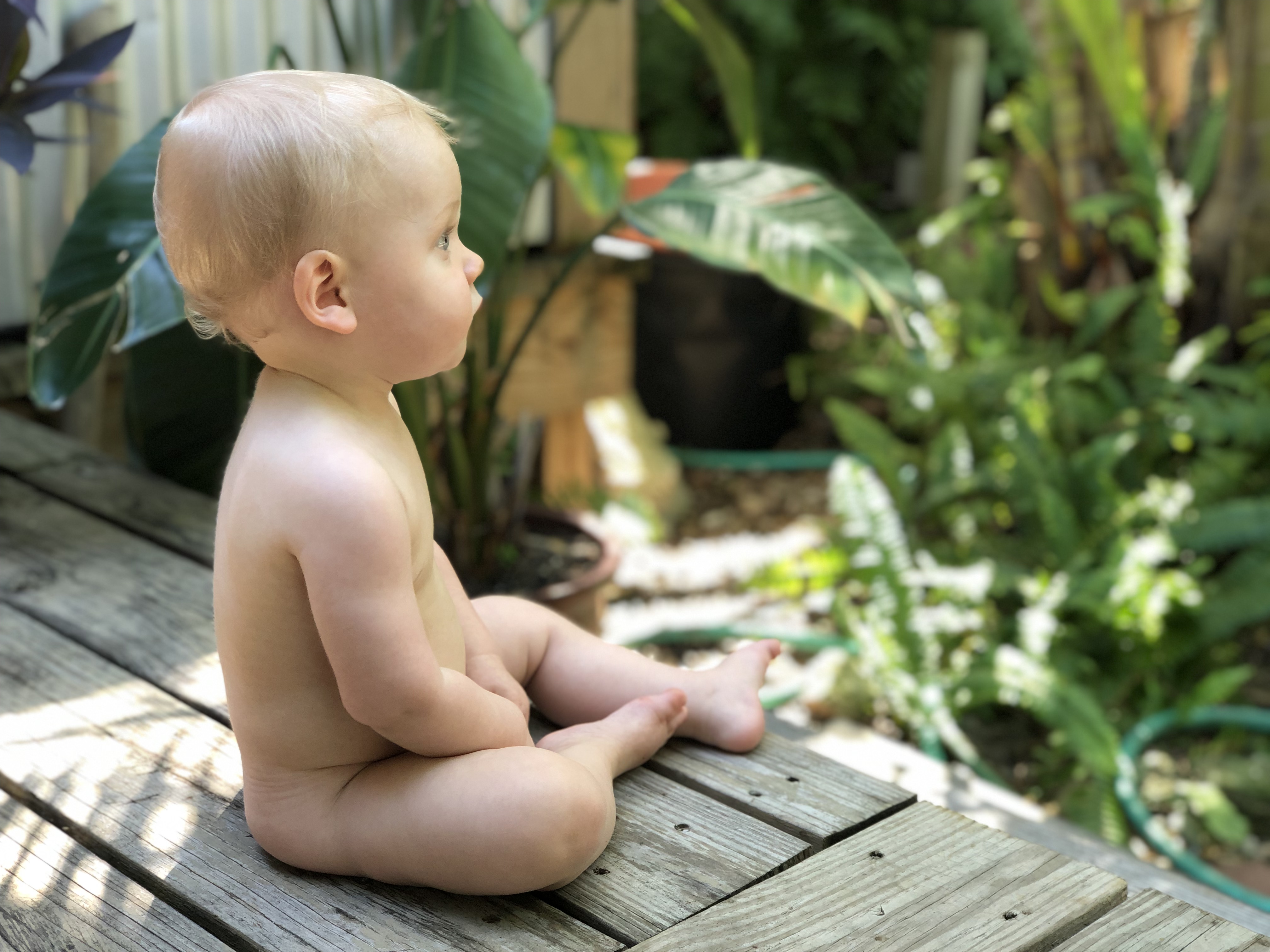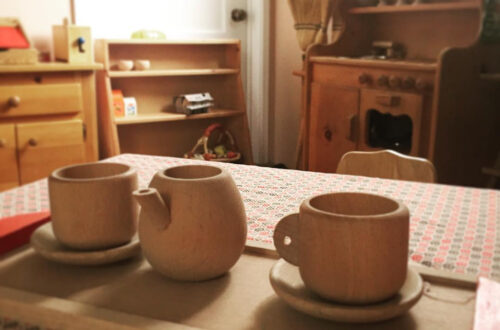Anthroposophy and Waldorf Education, what’s the association?
One of the most common curiosities about Waldorf Education is it’s association with Anthroposophy. What is Anthroposophy? What is the Anthroposophical influence on Waldorf education? There are some that believe that a Waldorf School is a religious school. While a Waldorf education does account for all parts of a child’s development including spiritual, it isn’t a religious form of education. If you graduate from a Catholic School, you know what Catholicism is. My sisters and I went to a Waldorf school for eight years and when writing this post I asked both my sisters what Anthroposophy is and they literally had no idea. I thought this was an important point to make in this post. Although Waldorf education is influenced by Anthroposophy, it isn’t taught in the schools. So what is the association?
Lets first briefly look at Anthroposophy. The word Anthroposophy can be simply explained just as the word breaks down: the wisdom of human development. Philosopher, scientist, and artist, Rudolf Steiner, founded anthroposophy as a way to address interest in human development and the nature of the world. The core of his work is rooted in his idea that human beings are made up of three parts, spirt, soul, and body. He observed humans to pass through three phases of development, early childhood, middle childhood and adolescence, before reaching adulthood. From his observations, Steiner developed a more holistic form of education.
Waldorf Education was founded from Steiner’s ideas about how to address a child’s needs at each phase of development. Steiner worked as a tutor, and lecturer. In 1907 he published an essay, The Education of the Child, in which he presents these ideas and began his development of what became Waldorf education. In 1919 he gave a lecture at the Waldorf Astoria cigarette factory and with the factory owner, Emil Molt, founded the first Waldorf School in Stuttgart Germany.
There are two standout qualities for me about Anthroposophy as a whole. The first is how Steiner believed who we are is a constantly evolving process. It really resonates with me to think of being on a path of developing and improving not just as a human, but also as parent. The second is how he believed his ideas were adaptable. It was his hope that his philosophy would continue to be applied as time went by. While I don’t think he meant for us to change the essence of what he developed, I do think he would want his philosophy to stay relevant and applicable to our lives today. My intention with Waldorfy is to explore this.
Generally most adults want to be in a state of improving themselves. Is it possible to use some of Steiner’s tools to do this? As I mentioned above, I am interested in my own improvement and development. I truly believe if I can look at improving myself, and become a better human being, that in turn could improve the world. I like to think of how this aligns with parenting as well. If I’m intentional in my parenting and consider how to raise a whole human being, I think I could be a better parent, and raise a happier, more balanced child. Isn’t that what we’re all ultimately aiming for as parents? I do believe the path to raising a great kid will be different depending on the parent and situation. However, this core idea of looking within and improving yourself, could improve you as a citizen of the world. I believe this is definitely going to improve us as parents. These things are related. Whether one agrees with the nitty gritty of anthroposophical philosophy to me isn’t so important, but how one can improve oneself and be a better person is huge, and of great importance to our children and ultimately even society.
In conclusion the tie between the belief system of Anthroposophy and Waldorf Education is there, but it isn’t taught in schools. Anthroposophy and Steiner’s ideas about child development are the roots for what has blossomed into Waldorf Education, but it has it’s own pedagogy. You don’t have to be an Anthroposophist to send your kids to a Waldorf School, or become a teacher. We’ll be discussing this further with experts in the podcast as well. I hope this helps you to begin to understand the connection between Anthroposophy and Waldorf Education.




2 Comments
Backstreets Of Hickory
I’m not that much of a internet reader to be honest but your blogs
really nice, keep it up! I’ll go ahead and bookmark your site to come back later.
Many thanks http://Backstreetsofhickory.com/
Hildegarde
I spent a great deal of time to find something such as
this